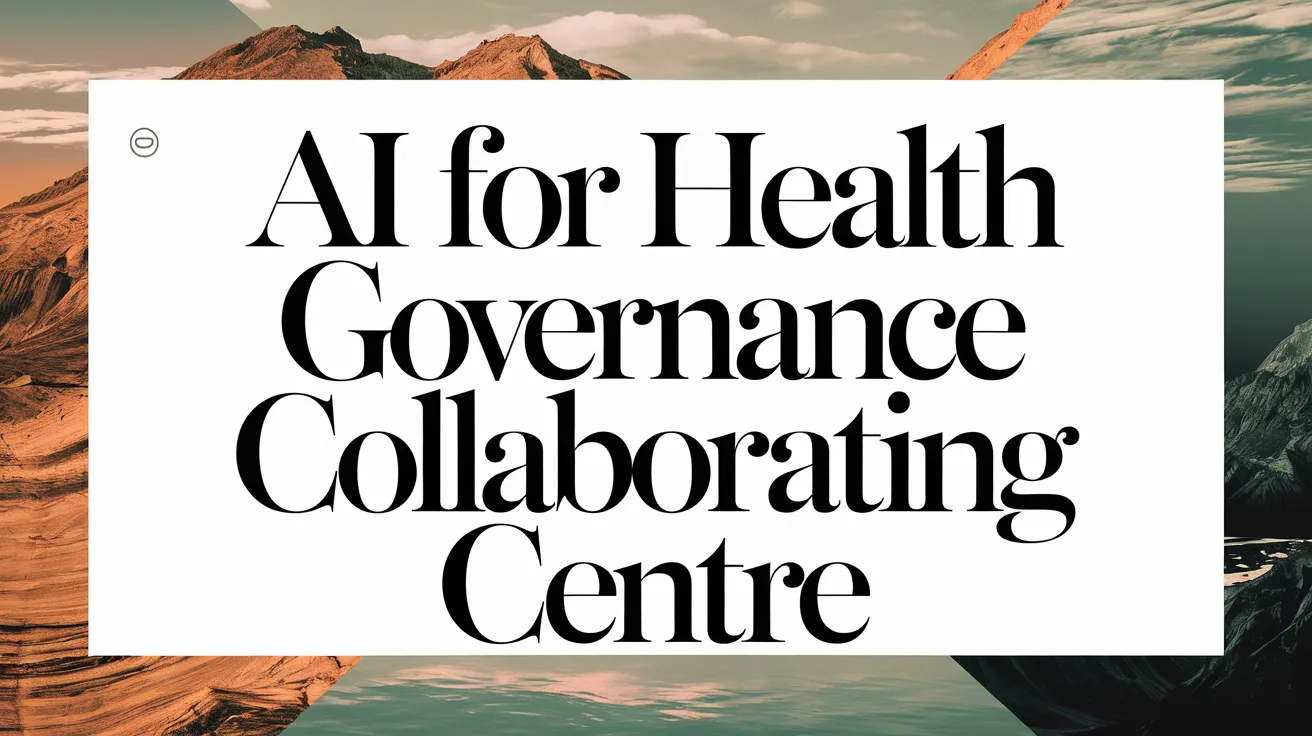AI for Health Governance Collaborating Centre

The World Health Organization (WHO) has officially designated the Digital Ethics Centre at Delft University of Technology in the Netherlands as a Collaborating Centre focused on artificial intelligence (AI) for health governance. This significant development highlights the potential of AI to transform health care by improving overall well-being and saving lives, albeit with the caveat that its benefits must be harnessed through collaboration among diverse stakeholders committed to ethical governance and evidence-based policies.
In making this designation, WHO recognizes the Digital Ethics Centre’s longstanding commitment to responsible innovation and its leadership in incorporating ethical values into the design of digital technologies. This inauguration solidifies an already robust partnership between the two organizations, which have previously collaborated on international consultations, workshops, and the development of normative guidance and training initiatives.
Dr. Alain Labrique, the WHO Director of Digital Health and Innovation, emphasized the organization’s commitment to supporting member states in planning for and responsibly adopting AI technologies. As AI continues to advance, it has the potential to significantly transform health systems and assist individuals throughout their health care journeys. He highlighted the importance of technical and academic partnerships to ensure that the benefits of AI are harnessed ethically, safely, and equitably.
The newly established Collaborating Centre will play a crucial role in WHO’s mission of fostering the ethical and responsible use of AI within health care. Tasks will include advancing research on key topics, providing expert guidance on policy-making, and facilitating knowledge-sharing through various regional and country-level workshops.
Professor Jeroen van den Hoven, Scientific Director of the Delft Digital Ethics Centre, noted that their two decades of research in digital ethics would now contribute significantly to the global health community and promote the responsible utilization of AI in health care settings.
In conjunction with this collaboration, the Responsible and Ethical AI for Healthcare Lab—a partnership between Delft University of Technology and other collaborators—will address challenges associated with implementing WHO guidance in clinical practice. Dr. David Novillo-Ortiz, Regional Adviser at WHO’s Regional Office for Europe, expressed that this designation strengthens the collective capacity to ensure that AI equitably and responsibly serves public health, thereby fostering trust and transparency in digital health initiatives.
Through this initiative, the Collaborating Centre on AI for health underlines WHO’s commitment to evidence-based governance of artificial intelligence, promoting responsible AI practices while adhering to the highest ethical standards.